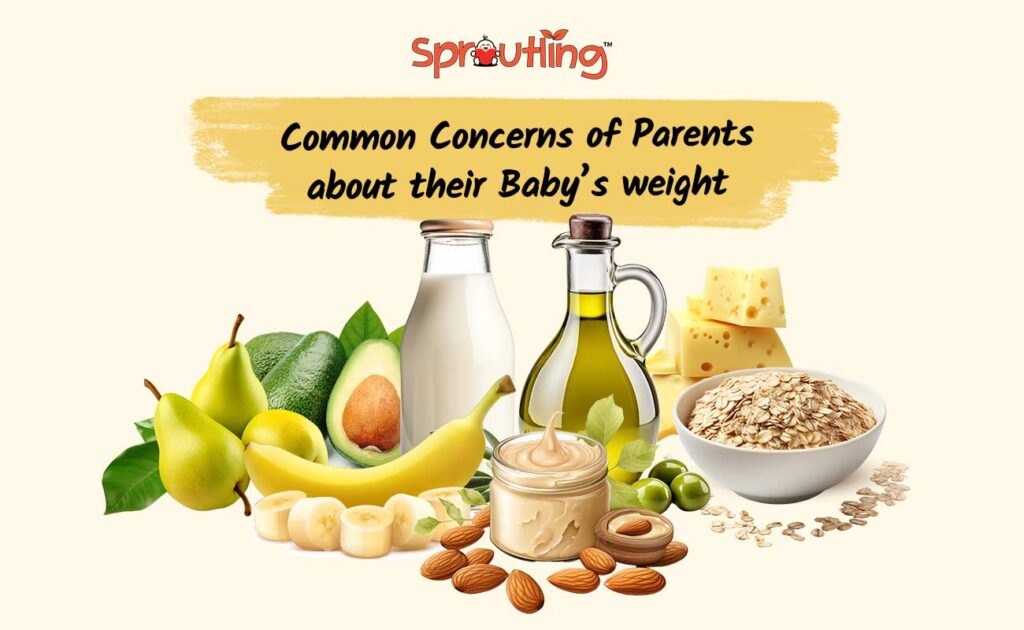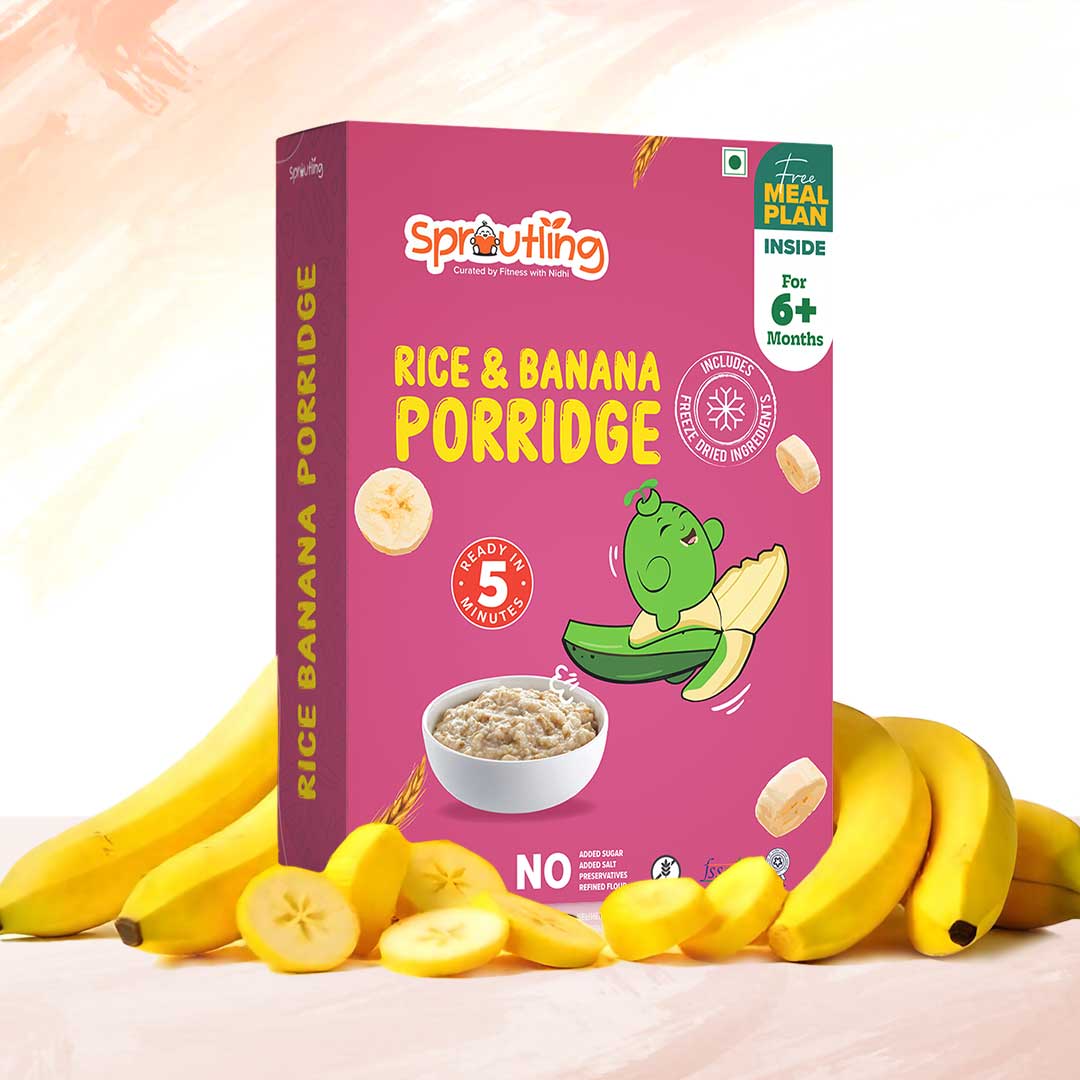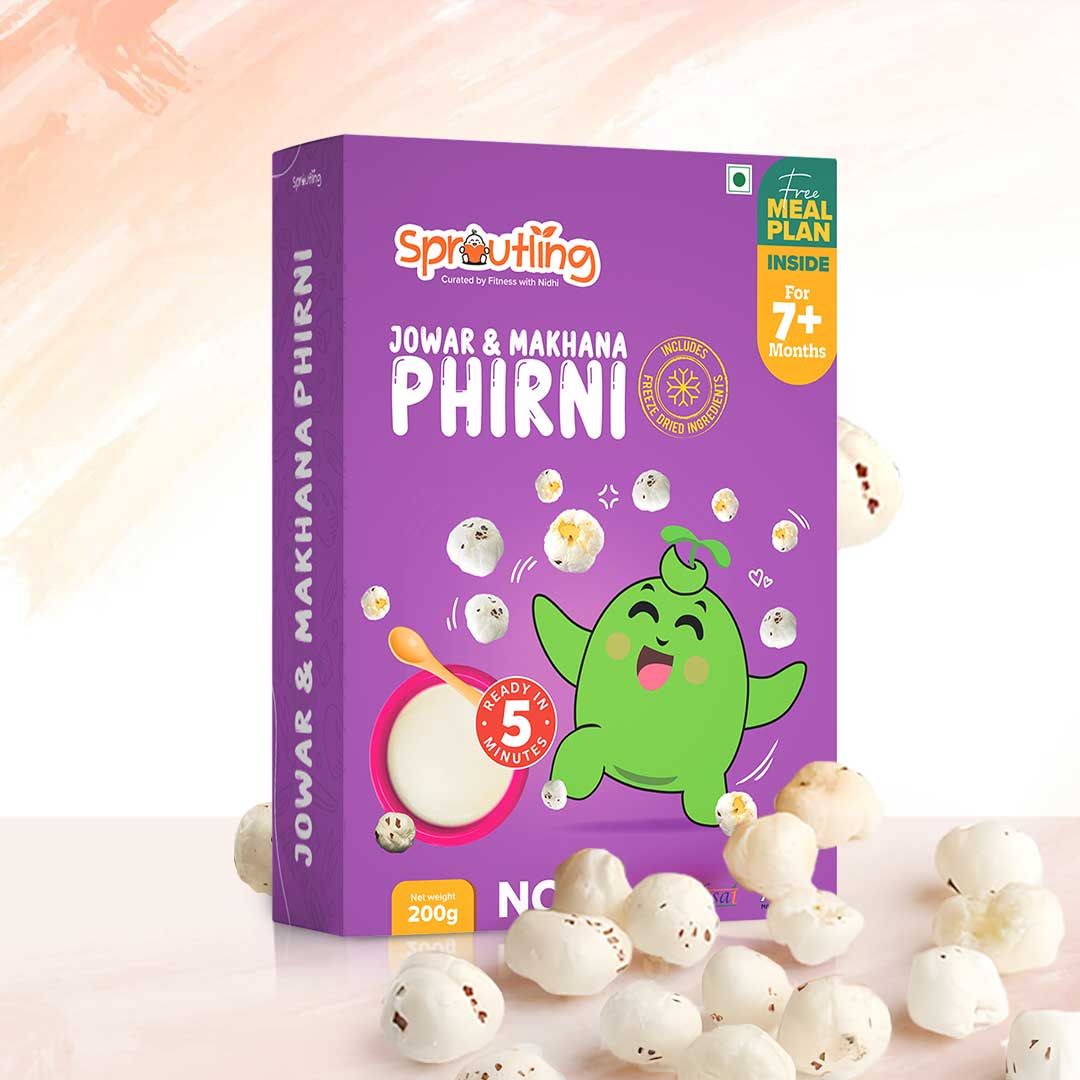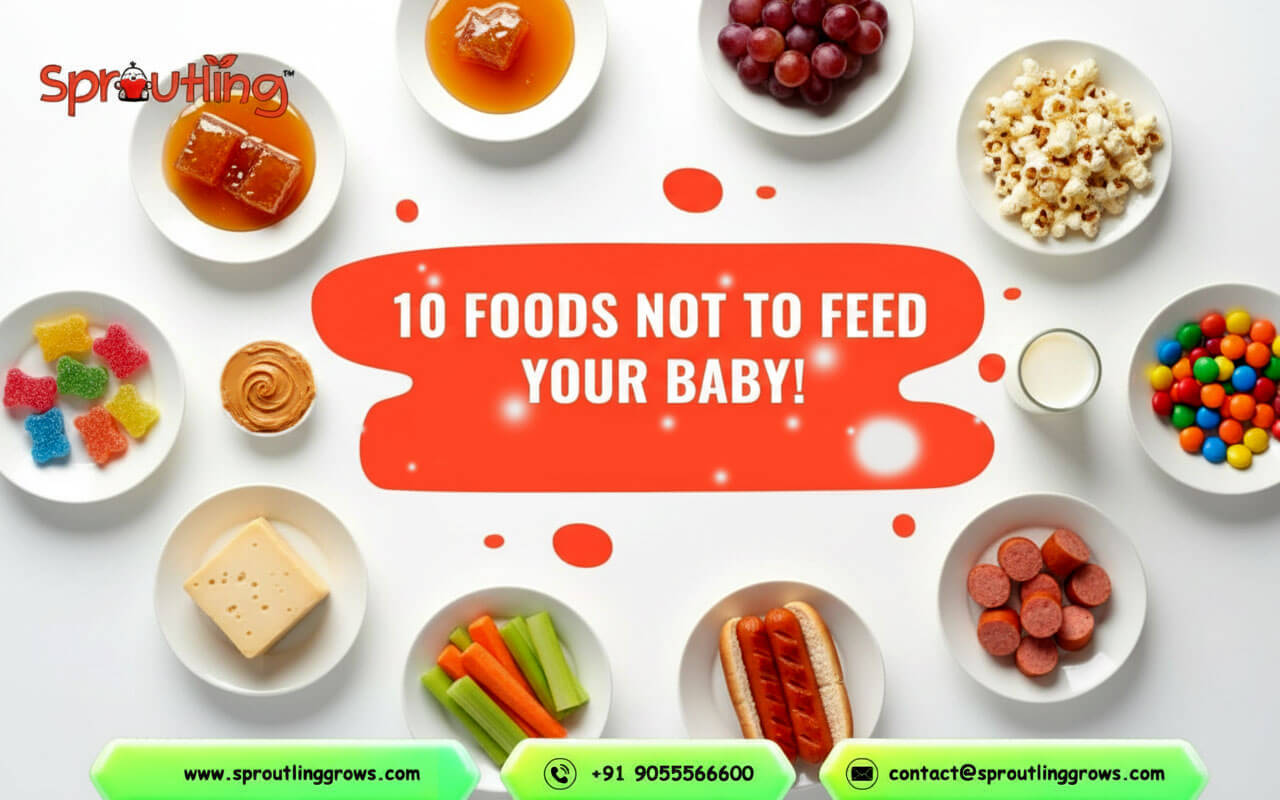
Table of Contents
Importance Of Healthy Weight Gain In Babies
Newborns typically lose about 6-7% of their birth weight in the first few days after birth, despite being fed the best infant formula. However, by the time they are around two weeks old, they usually regain this lost weight. During their first year, babies generally gain about 0.45 kg (1 pound) each month. By their first birthday, most healthy babies weigh roughly three times their birth weight.
However, if a baby is malnourished or has health issues like digestive or cardiac problems, they may not gain weight as expected for their age, which can lead to a condition called “wasting.”
It’s important to remember that weight gain varies from baby to baby, and there’s no single “ideal” rate. Many parents mistakenly believe that a high-fiber, high-fat diet is good for their baby, but this isn’t true. Babies need the best baby food high in healthy fats to support their brain and nervous system development. This is why breast milk or formula milk, which are rich in healthy fats, are the primary sources of nutrition for the first six months. These fats also help absorb essential vitamins, like A, D, E, and K.
If you’re concerned about your baby’s growth or best baby food, always consult your pediatrician. If medical conditions like digestive or cardiac issues are ruled out, then focusing on a balanced diet will help your baby healthily gain weight.
Common Concerns Of Parents About Their Baby’s Weight
Most people will advise the parents that a lesser weight gain of the baby is due to an increase in height, but this is not true most of the time.
Parents tend to feed a calorie-dense meal to babies, which is not a healthy way to make them gain weight. Baby’s tummies are small and get easily filled up so providing them adequate nutrition demands their plate to be rich with a variety of fruits and vegetables. Here is a handy list of all the foods, that must be included in your newborn’s diet.

- Bananas – One of the best foods to start weaning and also a great fruit option in terms of weight gain and are easily palatable and digestible. This is one of the best foods for a 6-month-old baby.
- Avocados – These are the best organic baby food, rich in omega-3 fatty acids and DHA, which help in brain development.
- Nut Butter – Peanut butter is a good option to be given to your infant as it has healthy fats that aid in the development of the brain and nervous system of the baby.
- Whole Milk – Infants are familiar with the taste of breastmilk, so after ten months of the baby’s birth, add whole milk and its products to your baby’s diet. This will help in providing essential fats and protein required for body build and growth.
- Cheese – Add cheese to your child’s diet as grated in any lentil puree or simply in scrambled form. It should be added to your child. These are the best foods for 10-month-old babies.
- Oats – Sprinkling some oat flakes in any gravy or porridge will add up essential nutrients required for an infant’s growth like zinc and iron. These are the best food for 10-month-old babies.
- Pear – Just like bananas, pears are also high in calories and thus help in a baby’s growth and development. Always serve home stewed pear. All you need is to put the peeled pear in boiling water until it gets easily mashed with a fork. Avoid readymade or packed ones, as these are filled with preservatives and are high in sugar.
Olive Oil—Sprinkling olive oil on top of a puree or a boiled and cooked vegetable will provide their little bodies with essential fats. Olive oil should only be introduced into their diets. These are the best food for 8-month-old babies.
Tips For Encouraging Weight Gain
- If you notice that your baby is gaining weight more slowly compared to other healthy babies of the same age, consult a pediatrician before making any changes to their diet. The pediatrician will conduct a thorough review to check for any underlying medical conditions.
- If the pediatrician rules out any cardiac or digestive issues as causes for your baby’s slow weight gain, then it’s advisable to focus on their diet. Providing a calorie-rich diet can support healthy weight gain.
- Try to make your baby’s meals colorful and varied in texture. Including healthy fats like avocados, nut butter, and olive oil provides omega-3 fatty acids and DHA, which are essential for brain and nervous system development.
- Incorporate fruits of different colors—perhaps a small slice of 2-3 types at a time. This will supply your baby’s body with essential nutrients and vitamins that help build immunity and support healthy growth and weight gain.
- Adding foods like lentil porridge and cheese (in one meal per day) will increase protein in your baby’s diet. Proteins also support healthy weight gain.
Common Myths About Baby Weight Gain
Myth 1: Feed a lot to a baby to help them gain weight.
Feeding large amounts won’t necessarily lead to healthy weight gain. Babies have small tummies, so they fill up quickly. Instead of focusing on quantity, focus on the quality of what’s on their plate. Offering a variety of foods with different colors, textures, and nutrients can help support healthy weight gain and overall development.
Myth 2: Babies like savory, sour, and sugary foods, so their food should be like adult food.
Babies are not used to strong flavors. Breast milk has only a mild sweetness due to the lactose it contains, so babies’ taste buds are sensitive and don’t crave intense flavors. For infants, it’s best to keep their food simple and bland, gradually introducing mild flavors as they grow older. By the time a child turns one, you can start adding a little sweetness or mild savory flavor to their meals.
Myth 3: If a baby refuses a food once, you should keep forcing them to eat it until they accept it. This will make them eat all the food.
In reality, if a baby refuses food the first time, it’s best to pause and not offer it again for at least three to four days. Then, try reintroducing it gently. Helping babies get used to new tastes and textures takes time and patience. Forcing a baby to eat can create negative associations with that food or with mealtime in general. Instead, aim for a gentle and steady approach, allowing your baby to explore and gradually adapt to different flavors on their terms. Parent’s patience is key in this process.
Conclusion:
Supporting a baby’s healthy weight gain involves patience, balanced nutrition, and a gentle approach. Rather than focusing on quantity, emphasize nutrient-rich, colorful foods that aid in brain, immunity, and overall development. Remember, every baby grows at their own pace. For concerns about growth, always consult a pediatrician to ensure your little one is on a healthy path to thrive.












